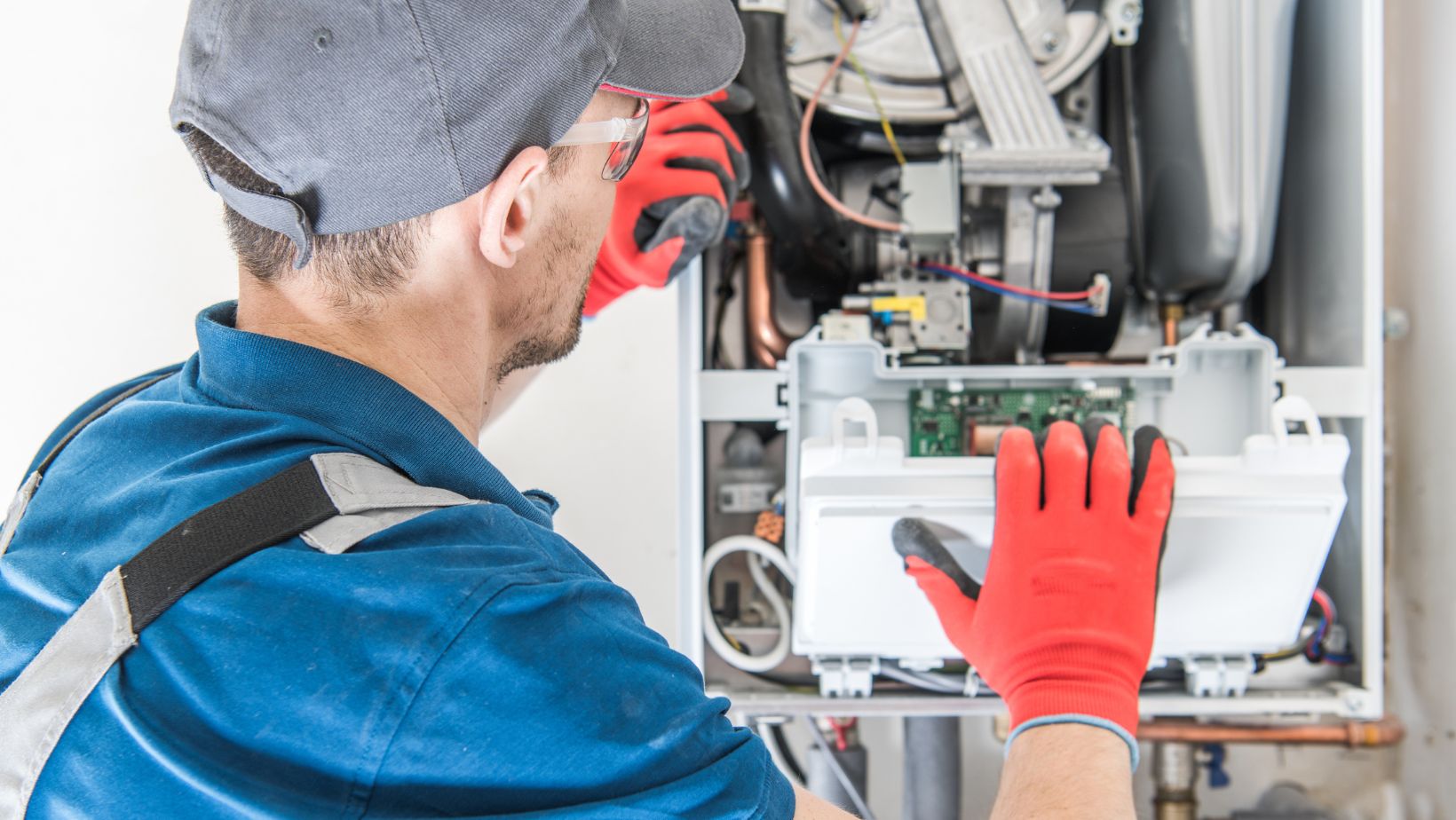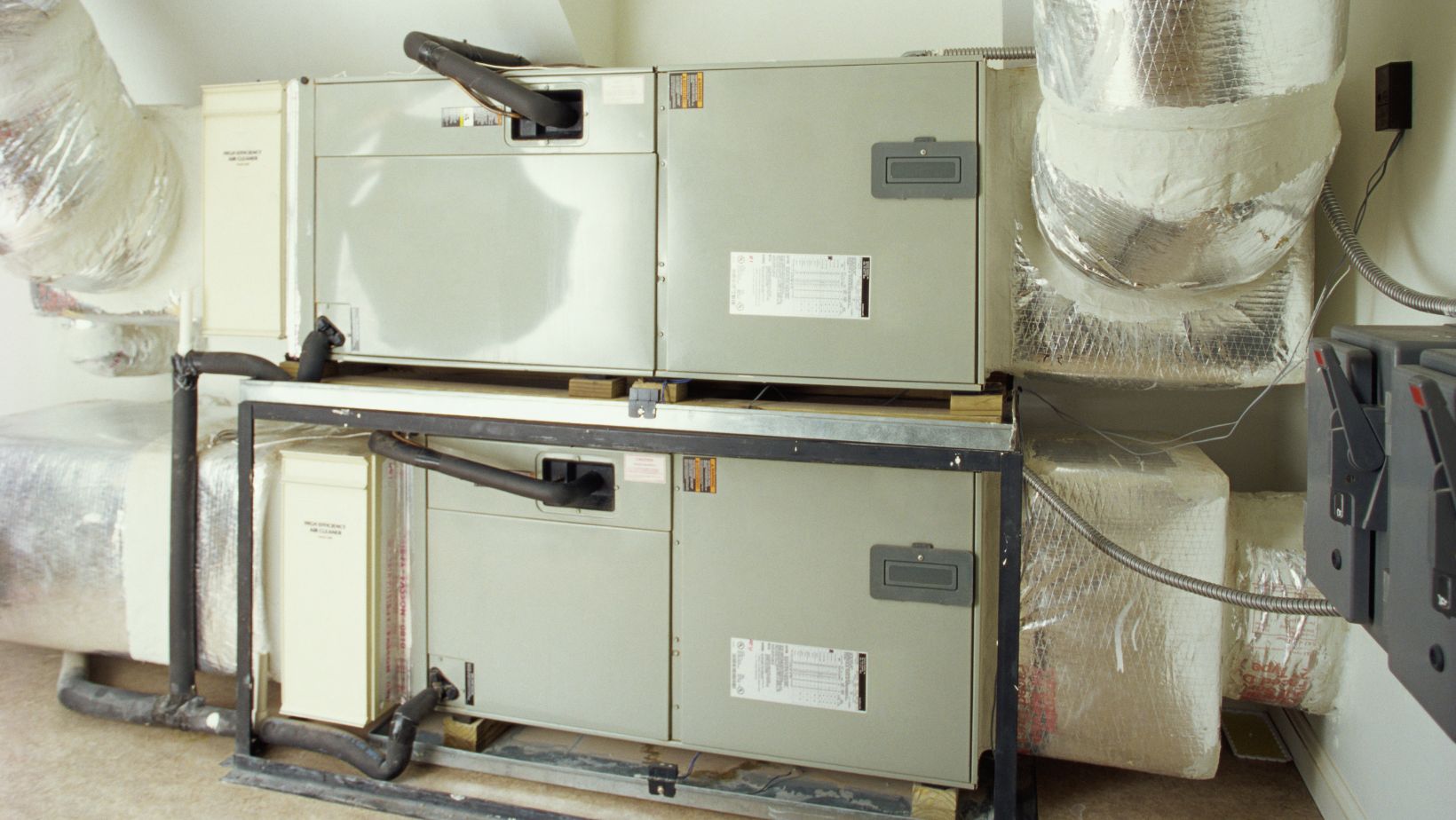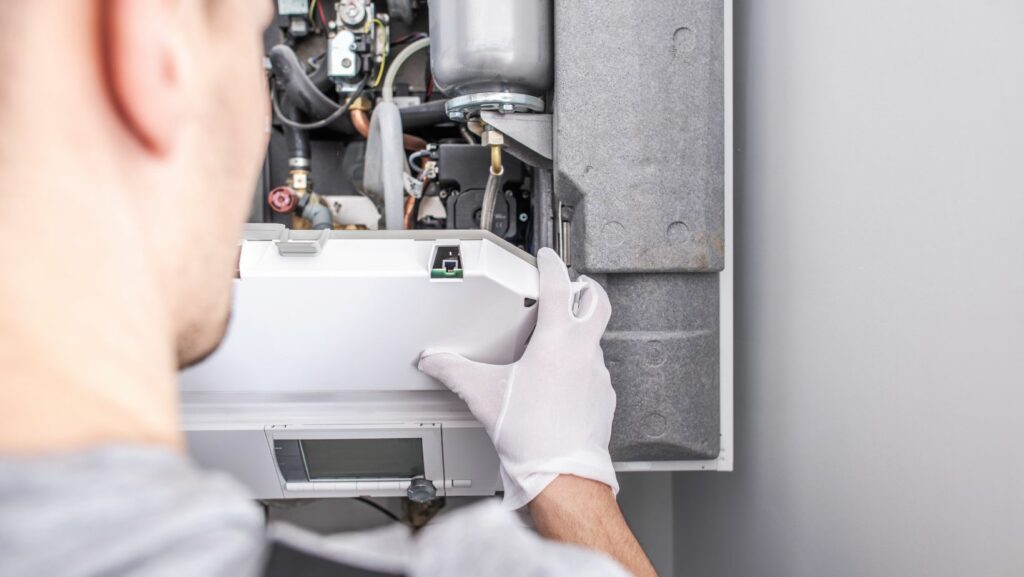Thanks to modern technology, you and your family can enjoy having a warm and cozy home. One of the most useful products of innovation is the modern-day home furnace. It’s a very useful home equipment that regulates indoor temperatures to optimum levels.
Nonetheless, in order for homeowners like you to enjoy the full benefits of having an at-home furnace, you need to know how to operate it safely – this is to protect yourself and your loved ones from any furnace-related potential hazards. If you’re concerned about fire safety, especially in areas with older homes, it may also be wise to consult fire watch guards in Bellevue, NE, who can provide additional safety measures.
The following points will help homeowners like you to know to safely operate their at-home furnaces. Read on to learn more.
Perform Regular Furnace Upkeep
The primary thing you need to do to uphold furnace safety is to perform regular maintenance of the unit that you have at home. This involves you having to schedule regular furnace inspections and tune-ups with a professional technician. Why hire a qualified HVAC professional? It’s because they’re well-equipped and have the proper know-how to perform furnace checks to look for potential issues, clean dirty components, and many more.
Performing periodic maintenance checks allows you and your furnace contractor to spot issues before they snowball into much bigger problems.
Change The Filters Of Your Furnace
Cleaning and changing the filters of your furnace is one of the easiest steps that you can take to maintain safety during furnace usage. How? Furnaces’ filters tend to catch a lot of dirt and grime that accumulate later on. Clogged furnace filters lead to an inefficient furnace unit that has to work much harder than normal – leading to potential overheating of the individual components.
To avoid any untoward incidents, it’s best that you change your furnace’s filter every quarter. Clean each filter on a monthly basis to avoid the overaccumulation of dirt and grime.
And if you have pets at home or are suffering from allergies, you might need to replace your at-home furnace’s filters more frequently.
Remove Any Obstruction Near Your At-Home Furnace Unit
Remember the following: it’s important that you keep the vicinity around your furnace free from any form of clutter. Why? Placing and storing items too closely to your furnace unit can cause unwanted fires. Hence, when storing or placing items anywhere near your furnace, ensure that there’s at least a three-foot clearance present.
Moving forward, there are items that shouldn’t be placed near furnaces at all costs. They include flammable items such as paints and thinner products, paper, and many more.

Lastly, as much as possible, don’t use your home’s furnace room as a space to store your belongings. Try to use another room in your house as a storage space.
Have Carbon Monoxide (CO) Detectors Installed In Your Home
One of the most serious risks associated with furnaces is CO poisoning. CO is a colorless and odorless gas that can be deadly if inhaled. Because of its nature, CO is a sneaky killer that needs to be kept on its tracts.
Thus, to protect yourself and your household from incidental CO exposure, you need to install CO detectors in every room or spot at home, especially in or near all of your bedrooms.
The job doesn’t stop with installing CO detectors. You need to check in on them regularly to assess if they’re still in working condition. Test your CO detectors monthly and replace the batteries at least once yearly. And finally, if the CO detector unit that you have is a few years old already, you have to replace the entire thing for safety reasons.
Be Aware Of The Varying Signs Of CO Leakages
In addition to having CO detectors installed in your home, you and your whole household should be aware of the signs of a CO leak as well.
Classic CO exposure symptoms can range from experiencing headaches and dizziness to feeling nauseous and confused. Remember, if you or anyone in your family experiences the aforementioned symptoms, get out of the house on the dot to breathe in fresh air and contact the authorities.
Aside from those, look for CO leak signs in your furnace unit. Look for yellow or flickering flames in the furnace, soot stains around the furnace, or a pilot light that frequently goes out—these can all be signs of a possible CO leak that can turn deadly.
Prevent Any Blockage To Your Furnace’s Registers And Vents
For your furnace to operate safely and efficiently, it needs proper airflow. Ensure that all air vents and registers in your home are unobstructed. Blocking these can cause the furnace to overheat and potentially fail.
How do you prevent blockages and promote better airflow? Keep furniture, rugs, and other items away from your at-home registers and vents. This not only promotes safety but also helps with even heat distribution throughout your home.
Know How To Properly Operate And Turn Off Your Furnace
In case of an emergency, you should know how to properly switch off your furnace. Locate the emergency shut-off switch and make sure everyone in your household knows where it is and how to use it.

Why is this important? Quick action can prevent damage and reduce the risk of fire or other hazards. It’s a simple step that can make a big difference in an emergency.
Be Vigilant Of Unusual Noises And/Or Smells Coming Out Of Your Furnace
Your furnace shouldn’t make unusual noises or emit strange smells. If you notice any banging, rattling, or grinding noises, or if you smell gas or burning, these could be signs of a problem.
What should you do if you happen to notice any unusual smells or noises? Don’t ignore these signs. Turn off the furnace and call a professional technician to inspect it.
To Conclude
Furnace safety is essential for protecting your home and loved ones. By following the tips featured above and staying vigilant, you can ensure that your furnace system operates efficiently and safely. And if you have any furnace-related concerns, you can reach out to professionals like LG Home Comfort Hamilton.


More Stories
3 Signs You Need to Know When Hiring a Plumbing Company for Your Home
3 Benefits of Hiring Fence Contractors For Residential Fencing Services
When It Rains, It Floods: How To Survive Surprise Home Repairs Without Going Broke